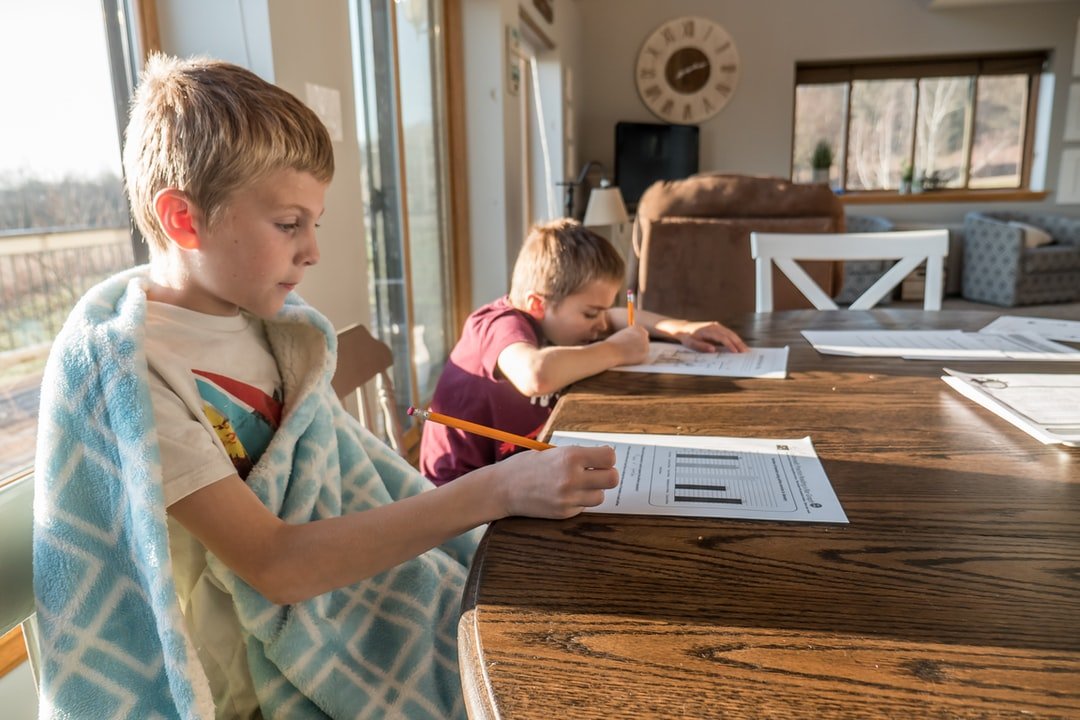Back to school can be a challenging time period for many children, especially when there are big changes – change of school, moving to a new city, and changes within the family system during the summer all account for transitions that can be hard on many children. But for children who are more prone to worrying, or children with anxiety, these factors cause a significant amount of stress. And, even if none of these changes happened, back to school amounts to a big enough change in and of itself!
Here are 5 ways to support your child as we near the first day of school…
- Normalize Everyone experiences some level of anxiety during transitions. Everyone. And while this may not help your child decrease their anxiety in the moment, I really believe that in the long term, normalizing that transitions can be hard is really helpful. Your child may have also had difficulty with a past transition, and it may be beneficial to remind them of how it was an anxious time, and how they got through it.
- Identify Coping Strategies Now
Coping strategies take time to develop – we cannot expect a child to take deep breaths when they’re in a moment of crisis if they haven’t already learned this skill. First, they need to understand the value of deep breathing. Some children might do well with deep breathing, others may benefit from mindfulness apps. Others may like a comfort item, like a small stuffed animal or a fidget toy. Here are 10 coping skills your child may be open to trying –
- deep breathing
- using a comfort item
- mindfulness techniques (apps, zenimal, etc)
- fidget toy
- counting
- going for a walk
- taking a break in a quiet space
- asking for a drink of water
- talking with a trusted adult about their feelings
- listening to preferred music
3. A “Looking Forward to” List
Talk through the positive experiences your child has had at school in the past, and help them write a list. It’s important to distinguish this from minimizing or dismissing their fears – you are not discounting fears, or communicating that everything is fine, sometimes known as toxic positivity. You are helping them shift their focus, even briefly. Their list could include staff members, friends, special events, classes, class activities, school subjects, themed days, etc. Next, help them identify a few things that they are looking forward to for this school year. The list may be the same as what they enjoyed in the past.
Many children had a really difficult school year last year. It is ok, even healthy, to acknowledge that if that was the case for your child. Even if it was an overall challenging year, I’m hopeful that every child will be able to think of at least a couple of positives that they can focus on for the upcoming school year.
4. Modeling Calm and Confidence
Remember that oftentimes our kids are looking to us for guidance on how to respond, even if they aren’t asking with words. We may feel anxious ourselves as that first day approaches, wondering how they’re going to handle it and worrying about if they’ll be ok. It’s really important to remain calm and confident for them, showing them that while we may have the jitters, we can manage it – and we’re maybe even using some of the strategies we’ve taught them!
5. Reach Out for Support
School-related anxiety can be very impactful on a student’s education – from trouble with friendships to trouble with grades, it really can create a very complicated problem. It can, in much less common cases, also very quickly turn into school refusal, in which a child is refusing to go to school altogether. This is something that often takes a great deal of support to manage, both at home and from the school team. If your child is displaying very clear signs of anxiety related to school, reach out to staff members at school, including your child’s teacher, the school psychologist, and the school principal so that they can be supported.
If you need more support with your child with anxiety, or you’d like to discuss how I can support you, head to the Contact page and fill out the form.

View comments
+ Leave a comment